Ask AI on The Internet
Question: Provide a good and comprehensive essay on society and popular literature (Negative and Positive impacts)
**Society and Popular Literature: An Exploration of its Impacts** Popular literature, often characterized by its mass appeal and accessibility, has long been a mirror reflecting societal values, concerns, and aspirations. While it boasts the power to entertain, educate, and inspire, it also bears the potential to mislead or reinforce detrimental stereotypes. The relationship between society and popular literature is both symbiotic and paradoxical, and its impacts—both positive and negative—are deeply intertwined with the cultural fabric. **Positive Impacts of Popular Literature on Society** 1. **Cultural Reflection and Understanding**: Popular literature often serves as a cultural time capsule, preserving and reflecting the zeitgeist of different epochs. By engaging with novels, short stories, and other forms of popular literature, readers gain insights into the societal norms, struggles, and triumphs of distinct periods. Works such as F. Scott Fitzgerald’s "The Great Gatsby" provide a snapshot of the American Jazz Age, while J.K. Rowling’s "Harry Potter" series portrays contemporary issues of racism, prejudice, and the value of unity through the prism of fantasy. 2. **Encouraging Empathy and Social Awareness**: By stepping into the lives of its characters, readers are afforded the opportunity to experience perspectives and circumstances vastly different from their own. This can foster empathy and a deeper understanding of complex social issues. Literature like Harper Lee’s "To Kill a Mockingbird" has been instrumental in highlighting racial injustices, encouraging generations of readers to reflect on and resist prejudice. 3. **Promoting Literacy and Critical Thinking**: Popular literature has the capacity to ignite a passion for reading in both young and adult audiences. Book series such as "The Hunger Games" by Suzanne Collins not only captivate readers with thrilling narratives but also provoke critical thinking about political structures, societal control, and individual agency. Engaging with popular literature can nurture a lifelong love of reading and strengthen critical analytical skills. 4. **Escape and Emotional Resilience**: In times of personal or societal turmoil, literature can offer solace and an avenue for escapism. The immersive nature of well-told stories can provide a mental break, allowing readers to temporarily detach from their realities and explore alternative worlds. This can be crucial for emotional well-being and resilience, making literature an invaluable tool during challenging times. **Negative Impacts of Popular Literature on Society** 1. **Reinforcement of Stereotypes and Prejudices**: While literature has the power to challenge societal norms, it can also perpetuate harmful stereotypes. Popular works that depict one-dimensional characters or communities may reinforce existing prejudices. For instance, certain genres and titles have been criticized for their shallow portrayal of gender, racial, or cultural stereotypes, ultimately influencing readers’ perceptions and reinforcing societal biases. 2. **Glossing Over Complex Issues**: Popular literature, by its nature, often aims for mass appeal, which can sometimes lead to the oversimplification of complex issues. When serious social, political, or environmental topics are presented with little nuance or depth, readers may form skewed or superficial understandings of these issues. The reduction of multi-faceted problems to simplified narratives can undermine meaningful discourse and awareness. 3. **Commercialization and Artistic Compromise**: The commercial drive behind popular literature can lead to the prioritization of profit over artistic integrity. Publishing trends may favor formulaic and marketable content over innovative or challenging works. This can result in a homogenized literary landscape where truly original or provocative works struggle to find a place. Moreover, the emphasis on commercial success can pressure authors to conform to popular themes and genres, limiting literary diversity. 4. **Escapism to Avoid Real-world Engagement**: While escapism can provide temporary relief, an overreliance on fiction as a means to avoid confronting real-world issues can be detrimental. If readers consistently choose to disengage from reality in favor of imaginary worlds, they may become less responsive to urgent societal challenges. This avoidance can contribute to apathy and a diminished willingness to participate in meaningful civic or social actions. **Conclusion** The interplay between society and popular literature is a dynamic and evolving phenomenon, marked by both enriching and problematic aspects. Popular literature’s ability to reflect culture, foster empathy, and promote literacy underscores its societal value. However, the potential to reinforce stereotypes, simplify complex issues, and prioritize commercial interests necessitates a critical engagement with the content consumed. As society continues to evolve, so too will the narratives that capture its essence, offering continuous opportunities for reflection, growth, and dialogue. To harness the full potential of popular literature, it is imperative that readers, educators, and creators approach it with both an appreciation for its merits and a critical awareness of its limitations.
Think your answer is better than the AI's? Post it below.
Other Most Relevant Posts:
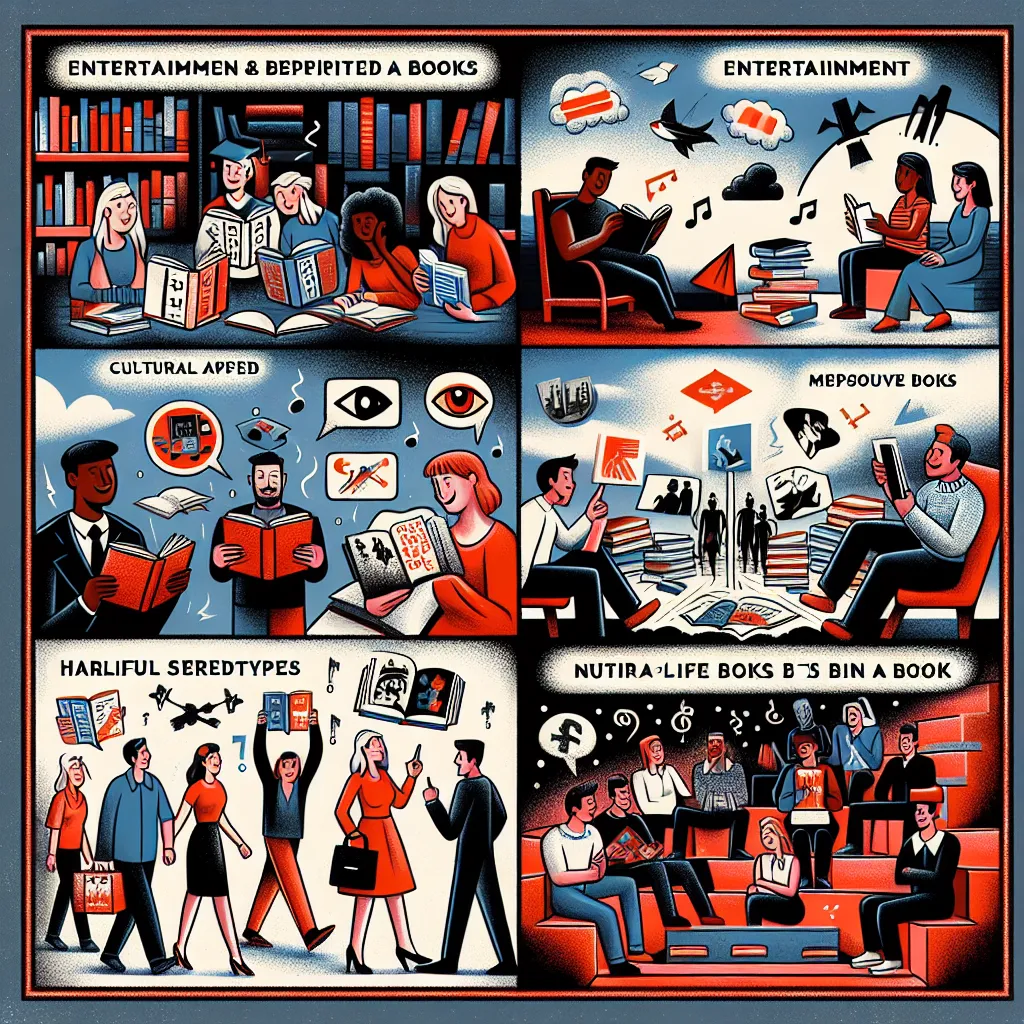 Ask AI: Provide a good and comprehensive essay on society and popular literature (Negative and Positive impacts). Please use simple English!!!
Ask AI: Provide a good and comprehensive essay on society and popular literature (Negative and Positive impacts). Please use simple English!!!
Question Tags
If you want your question answered by an AI, click here.
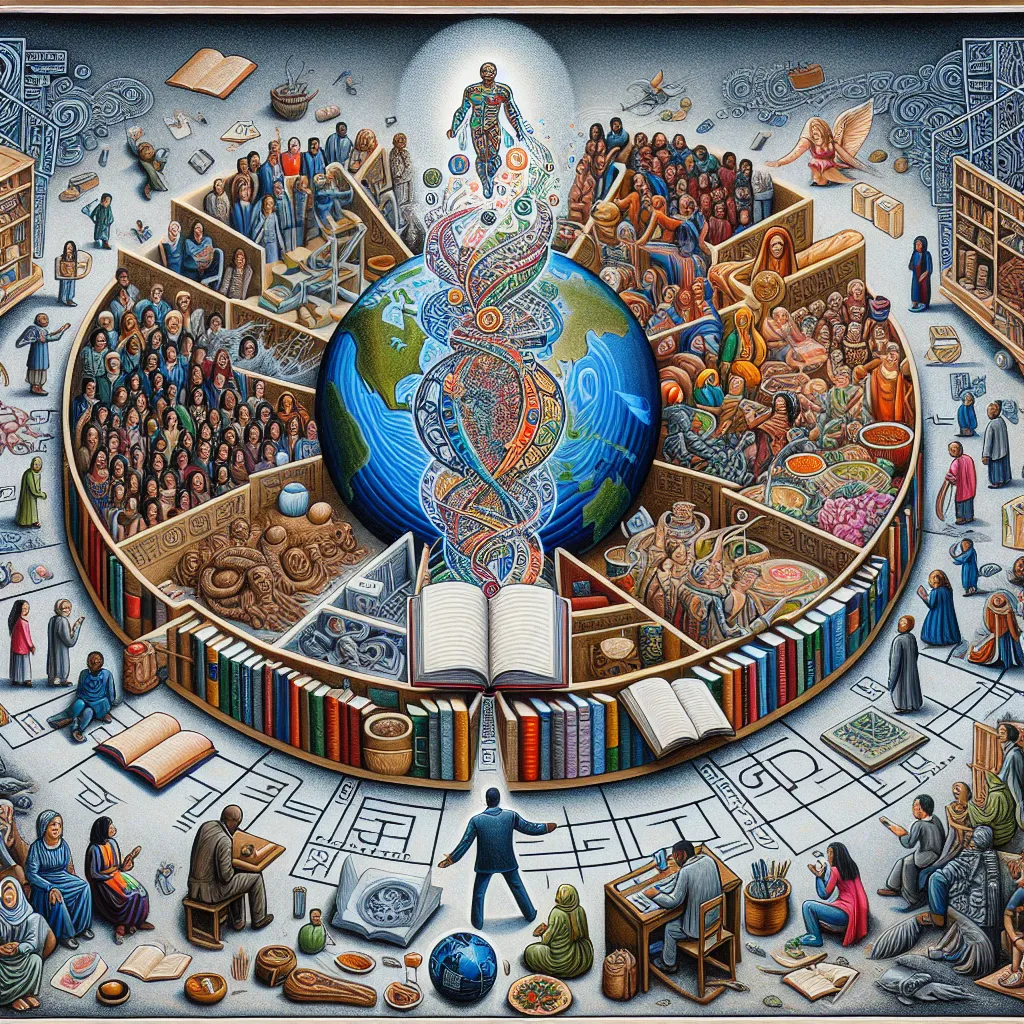
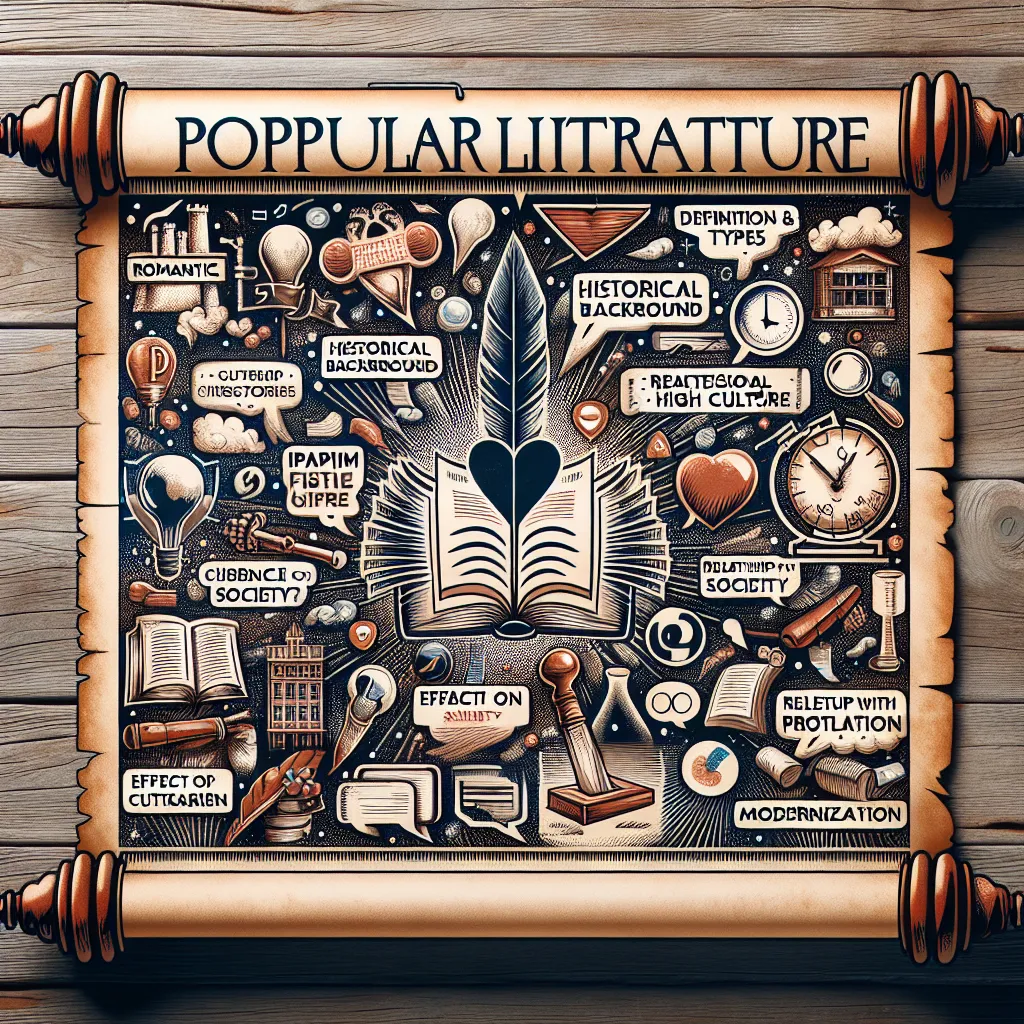

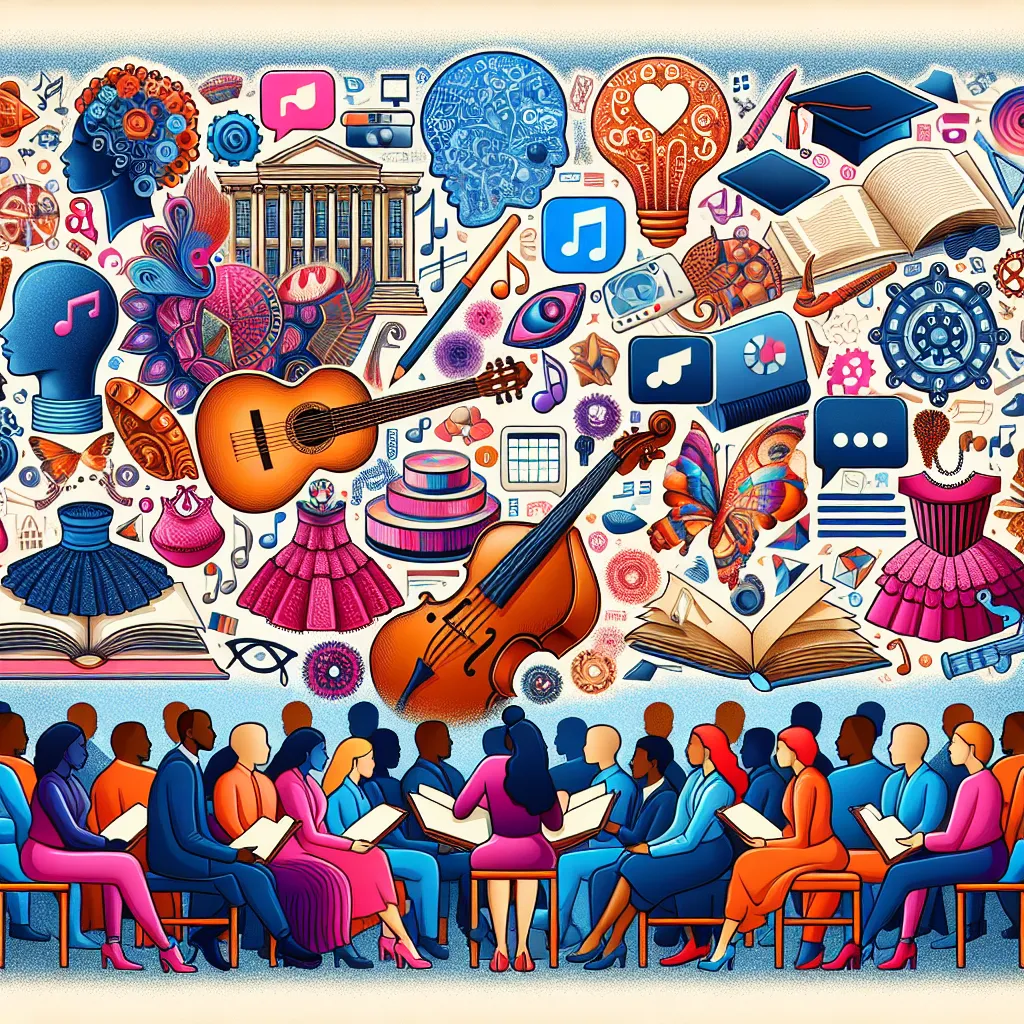
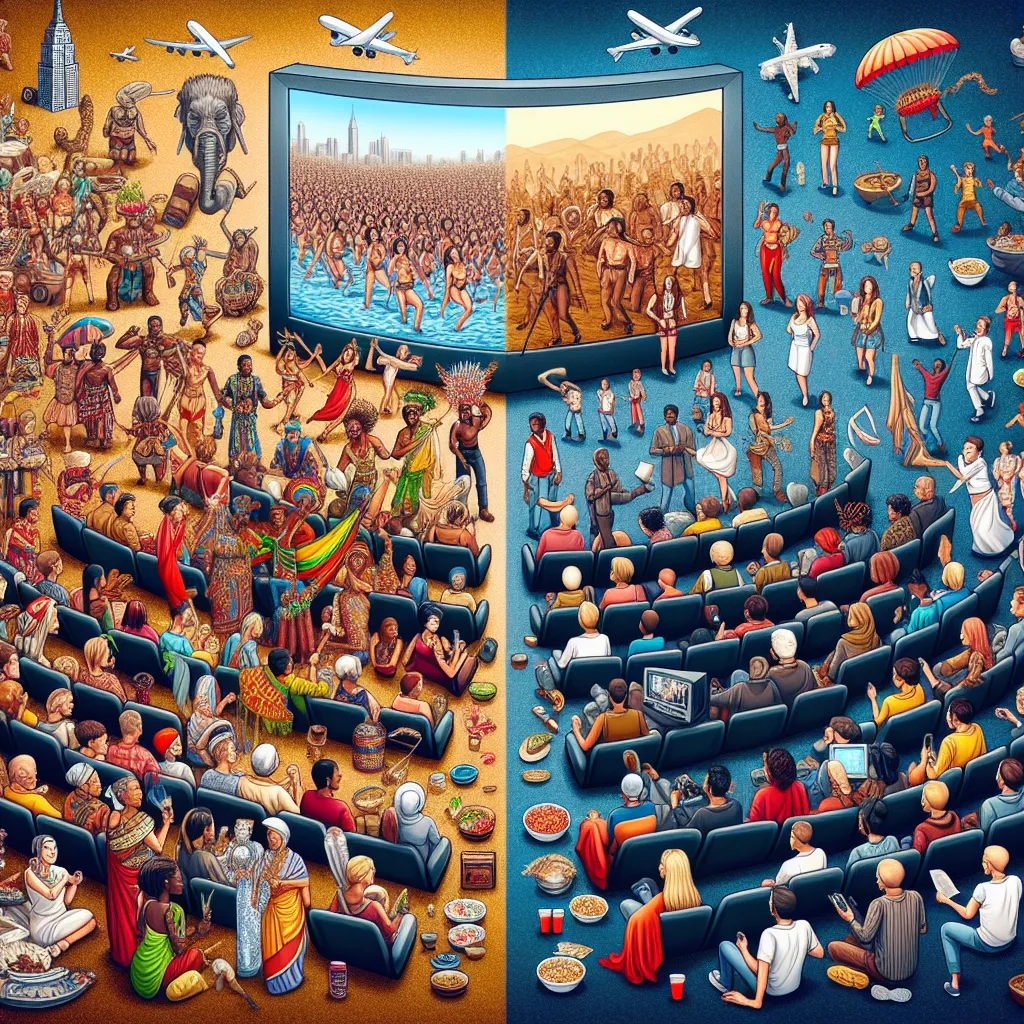

Post your own comment: